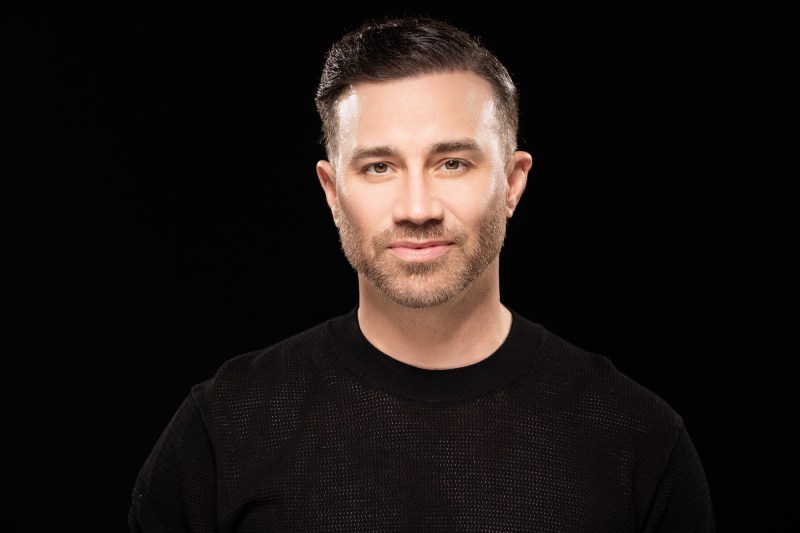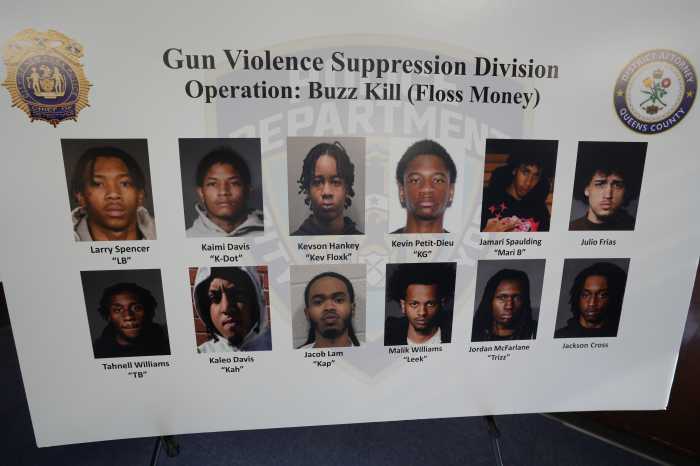By Monica Garzón Ramírez, MWN
After spending about six months in quarantine during the COVID-19 pandemic, life in the cities around the globe has started to resume under some restrictions. And some people may feel anxious about it. But why is this happening?
The human being’s capacity to adapt is so great that in the end, many have ended up getting used to the lockdown routine. And this is how quarantine managed to generate apathy, disillusionment, even insomnia in some, while being a great option for others. Their home has become such a safe space that they are afraid to think of leaving it, even for a moment. This is known as cabin fever.
Metro talked with Yina Gomez, a psychologist and expert coach on this subject, who answered the most frequent concerns associated with this fear and revealed the best way to start overcoming it.
What is cabin fever?
It is the set of symptoms that many are experiencing these days. Without being a pathological problem, it is an intense emotional behavioral reaction, manifested in deep fear of leaving home, change of environment. This is a real fear for those who suffer from it and it is linked to the risk of COVID-19 contagion, despite the fact that at the beginning of the quarantine these people could consider their house as a prison. At this moment, although not ideal, houses have become places of security, shelter and protection for them.
What are the most frequent symptoms?
I have been able to identify three phases in most of the patients who arrive for the first time. The first phase: sadness, impatience, nervousness, insomnia, loneliness; in adults, a desire to die, anguish, a feeling of tiredness, difficulty concentrating and even a lack of motivation.
A second phase: compulsive behaviors, irritability, aggressiveness, which cause couple and family problems.
A third phase: severe depressive conditions that, if not attended in time by a professional, give rise to suicidal ideas and a total feeling of hopelessness and lack of meaning in life.
Is it normal to feel fear from a psychological point of view?
It is totally normal to feel fear, since it is a universal, inevitable and necessary emotion, fundamental in our inner stability and survival, without fear we would be unwary and senseless beings. In fact, the way to overcome fear is to identify where it comes from, which episode unleashed it and to accept it, since this is the only way to transform it. As long as you mask, deny or invalidate it, it will tend to increase because of the resistance you generate in the face of it.
Is there any study that proves that cabin fever cases rose due to the pandemic?
According to the World Health Organization, it increased during the pandemic. If I speak from my personal experience, at the end of March, virtual therapies increased, especially in older adults and a high percentage of them had identical symptoms.
When people have to spend long periods of time locked up, they enter into a chronic solitude that increases the levels of cortisol, a hormone that is created under stress, generating fear and anxiety.
What are the best therapies to fight it?
According to my professional experience over the years, I believe that transpersonal therapy, combined with emotional bio-programming and inner healing, generates highly effective results. The saying ‘the old parrot doesn’t learn to talk’ is true for older adults who are most stubborn and driven by their own opinions. However, the biodesprogramming technique works the negative belief, which after 21 days crystallizes into a new thought pattern that allows people to assume the leading role in their lives, get out of the victimization and reinvent themselves spiritually, in family, in work, in health issues, finances and transform the way of seeing life.
































